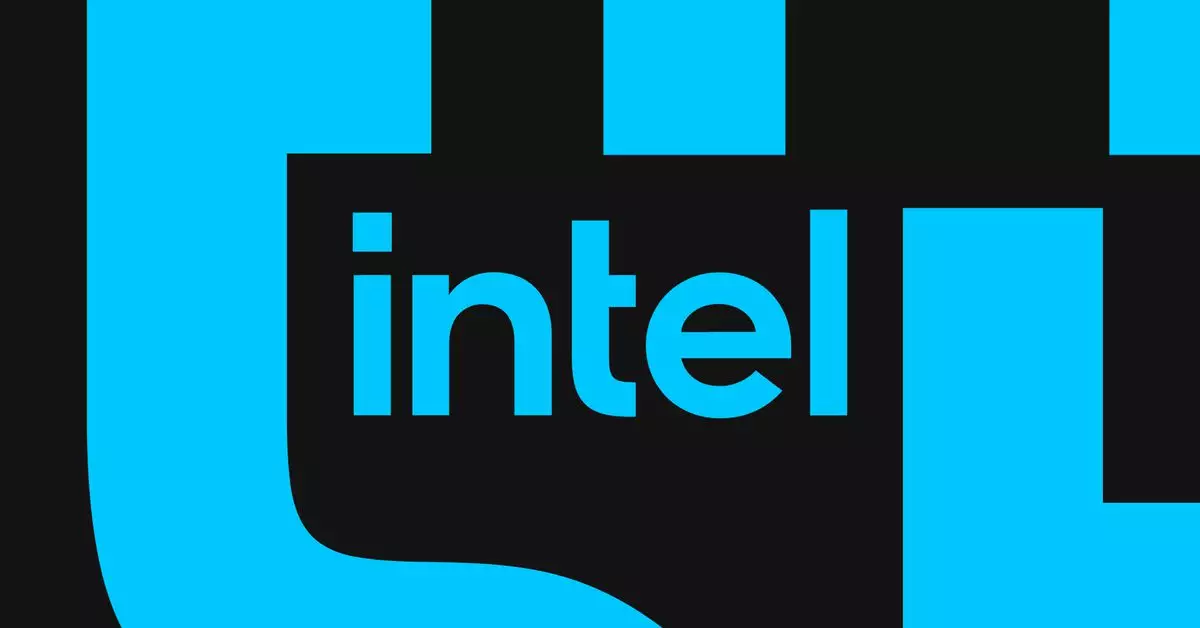In a significant move aimed at revitalizing its struggling operations, Intel Corporation is reforming its approach to chip manufacturing. CEO Pat Gelsinger announced that the company will spin off its chipmaking division into an independent subsidiary, known as the Intel Foundry. This strategic pivot is designed to extricate Intel from its current financial woes, characterized by billions in losses and a declining stock price. By establishing the Foundry as a separate entity, Intel seeks to foster more focused management and operational independence, potentially attracting new investors and partners.
As part of this major restructuring initiative, Intel plans to halt ongoing projects related to chip manufacturing facilities in Poland and Germany for at least two years. This decision appears to be a pragmatic response to unpredictable market conditions, showcasing Intel’s commitment to adapting its strategies based on economic realities. However, the company remains steadfast in its investment in facilities in the United States. Locations in Arizona, Oregon, New Mexico, and Ohio continue to receive attention as Intel positions itself to maintain a foothold in key markets.
In addition to operational shifts, Intel is also revising its financial commitments by selling portions of its stake in Altera, a programmable chip company it acquired back in 2015. This divestment aligns with Intel’s broader goal of reducing its global real estate footprint by approximately two-thirds. Financially, the outlook remains challenging; however, Intel is not entirely without government support. The Biden administration has awarded Intel up to $3 billion in funding for chip production intended for U.S. military applications, reflecting national interest in bolstering domestic semiconductor capabilities.
Intel’s troubles are not merely a product of recent economic shifts; the company has grappled with insurmountable issues surrounding its 13th and 14th Gen CPUs, which have plagued performance and reliability. In the first quarter of 2024, Intel reported an alarming $1.6 billion loss, with the chipmaking sector alone incurring around $7 billion in operating losses throughout 2023. The significant workforce reductions—impacting approximately 15,000 employees—highlight the gravity of the company’s situation. According to Gelsinger, Intel is already more than halfway towards achieving these reductions.
Gelsinger describes this overhaul as the most profound transformation Intel has undergone in over forty years, comparing the current pivotal point to the company’s historic shift from memory to microprocessors. Starting next year, Intel is poised to implement the cutting-edge 18A chip process for notable partners, including tech giants like Microsoft and Amazon. This ambitious plan could potentially reignite Intel’s competitive edge in an increasingly crowded semiconductor marketplace.
While Intel stands at a crucial crossroads, the steps it is taking appear geared toward a more sustainable future. By redefining its operational structures and targeting specific growth areas, Intel hopes to reclaim its once-unstoppable status within the global tech landscape. As the company navigates these turbulent waters, the effectiveness of its strategies will be crucial to its success.


Leave a Reply